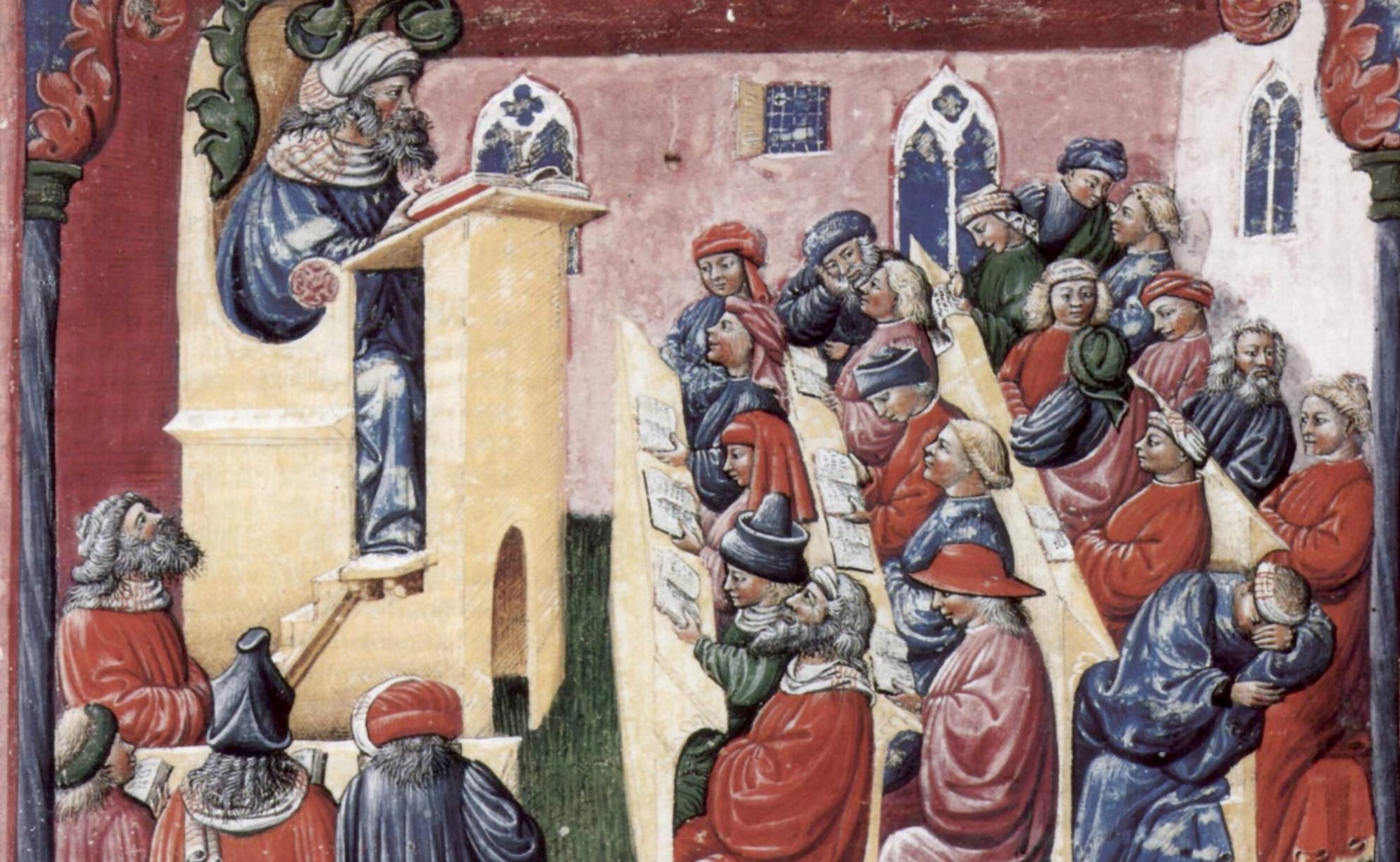Philip Melanchthon was one of the most famous Lutheran Reformers, but also a prolific writer in philosophy. In the paper I will look at his presentation of emotions in the psychological treatise Commentarius de anima (1540). I will focus on reading his text in the context of one scholastic author, Jodocus Trutfetter of Eisenach, and two humanists, Johannes Bernhardi and Juan Luis Vives. All three were contemporaries of Melanchthon and he was familiar with their psychological writings. Moreover, I will discuss also the way Melanchthon adopted views of some ancient writers such as Galen and Plutarch into his theories of emotions.
Joining us at the seminar on May 19th, 2024 will be David Lloyd Dusenbury, a distinguished guest from Danube Institute and Eötvös Loránd University.
“What Is This Sophia?”Jesus, the Gospels, and the History of Philosophy
The notion that the life and sayings of Jesus are philosophically inspiring – or philosophically inspired – might strike many of us as odd. Nevertheless, Jesus has been a recurring figure in philosophical texts for twenty centuries (or even twenty-one, depending on how one Syrian philosopher’s letter is dated). From the beginning, Jesus’s sayings have been seen by certain non-Christians as “wise” – and by Christians, as transcending what Paul of Tarsus calls the “human tradition” of philosophy. There is no mention of philosophy (philosophia) in the gospels, and yet, some of Jesus’s first hearers ask: “What is this wisdom (sophia) that has been given to him?” (Mark 6:2). In this lecture, we will ask several related questions: Do certain sayings in the gospels have clear parallels in ‘pagan’ philosophical traditions? Did the Graeco-Roman genre of philosopher-martyrs inform the gospels’ Passion narratives? Is there evidence that first- and second-century Jews, ‘pagans’, and Christians all saw Jesus as (inter alia) a philosophical figure? And can re-situating Jesus in the history of philosophy help us to better understand what we know of his life and death – and, indeed, of the history of philosophy?
Bio: David Lloyd Dusenbury is a philosopher and historian of ideas. He is currently senior fellow at Budapest’s Danube Institute and visiting professor at Eötvös Loránd University. His books include The Innocence of Pontius Pilate: How the Roman Trial of Jesus Shaped History and I Judge No One: A Political Life of Jesus (both published by Hurst and Oxford University Press). Last year, he held the Chair for Jewish-Christian Relations at the University of Antwerp.
